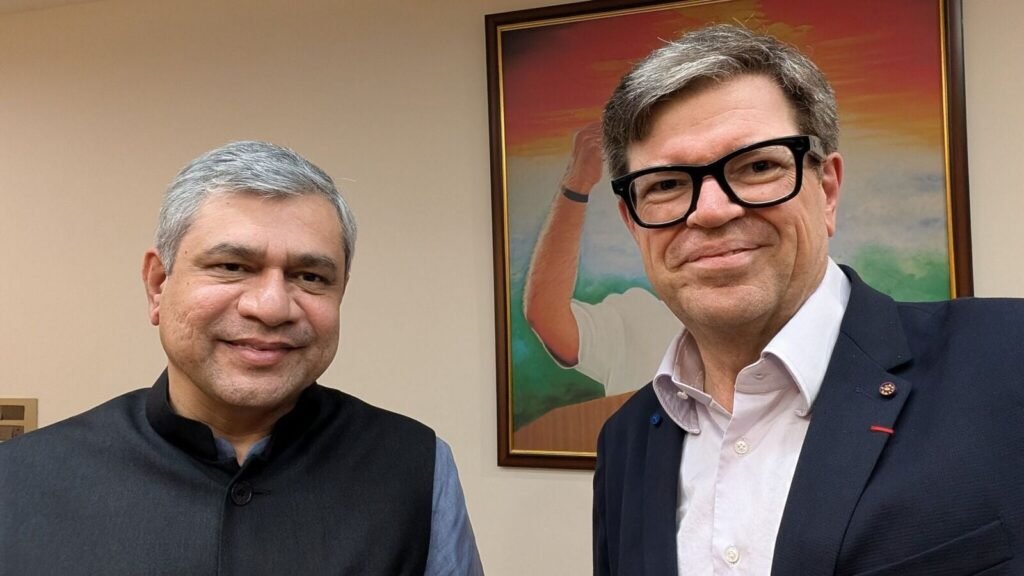Mint Primer: Why top tech executives are heading for India

Last week, Yann LeCun, one of the godfathers of artificial intelligence (AI), visited India. Alongside, Nvidia chief Jensen Huang made his annual visit. On 6 November, celebrated inventor Mustafa Suleyman is expected. What do these visits tell us about India and its economy?
Why are top tech execs visiting India?
India is involved in most discussions on a global AI policy. The Global Partnership on AI (GPAI) Summit, which followed India’s G20 presidency, and preceded this year’s Bletchley Declaration, is a good example. India has the second-largest developer base in the world after the US at about 13.2 million. With vast sections of the world’s developer ecosystem either based in India or originating in the region, a concerted effort from the Centre is pushing Indian firms to build foundational technologies. Global enterprises, therefore, want to tap India to co-create intellectual properties in tech.
Read more: A Reliance-Nvidia tie-up brightens India’s AI success odds
Has this ever happened before?
It has. The boom in outsourcing tech services firms since the 1990s brought India to the global technology map. At the time, India emerged as an attractive destination thanks to cheap labour, ample availability of skilled engineers, and the government’s interest in enabling more tech operations in the country. This reflected in Microsoft founder Bill Gates’ India visit in March 1997, Google cofounders Sergey Brin and Larry Page’s visit to the country in October 2004, and more. Each of these phases have marked the scaling-up of India’s importance to the US-led world of technology.
Who else has visited India in the recent past?
Oracle founder Larry Ellison was in India in September this year. Nvidia’s Huang’s visit is an annual event. In April last year, Apple chief Tim Cook made a personal appearance at the opening of its first retail stores—amid projections that India could be among Apple’s top five countries in the next five years. Microsoft CEO Satya Nadella’s annual visit took place in February.
Read more: When temp hiring becomes an increasingly permanent fixture in Indian companies
What is the strategic importance of India?
India represents nearly a quarter of the world’s population, giving it a leverage in terms of being a big user-base, as well as an employee base at some of the lowest salaries around the world. Beyond this, however, India is projected to be among the world’s biggest economies in the next five years. Alongside China, India is expected to be a key part of the global tech supply chain, which makes it a key geopolitical ally. Technology corporations are looking to get an early-mover advantage in the Indian tech market.
Does a top executive’s visit change anything?
They typically come with landmark announcements—such as Nvidia’s 1GW data centre plan with Reliance Industries last week. Such investments, in turn, draw global investors, supply chain vendors and other stakeholders. With active programmes to boost AI and semiconductor development, the visits of top tech inventors can bring more value-added business. Executives have underlined an ongoing shift from being the world’s back-office to handling key operations—until the end of the decade.








